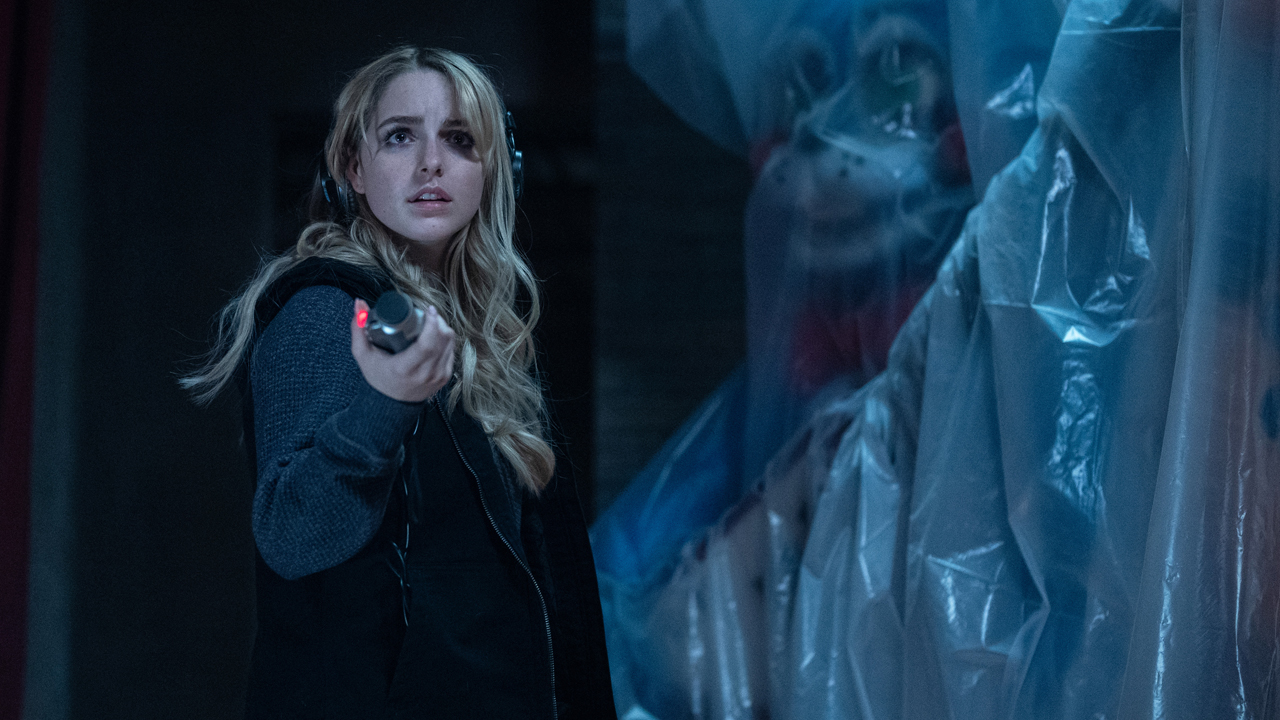5 Reasons Why After Hours Is Martin Scorsese's Hidden Gem
I know you've seen Goodfellas, but have you seen After Hours?
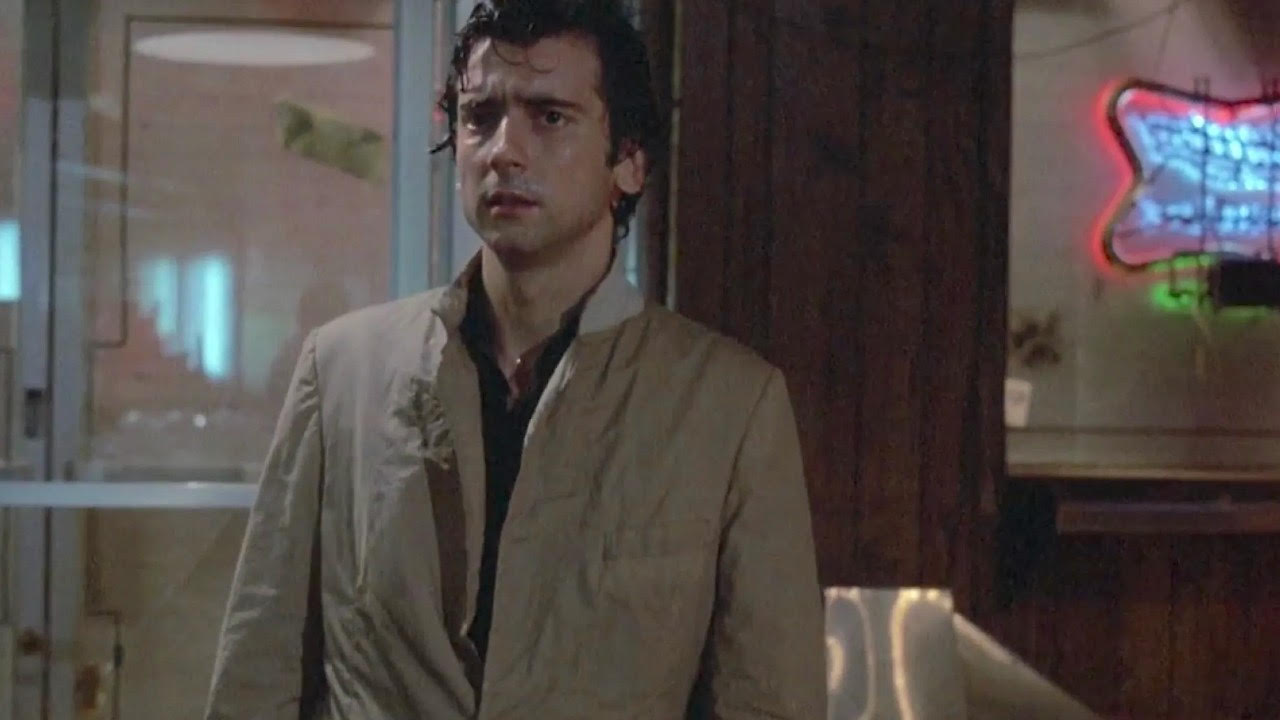
As a completist who loves going through a director’s entire filmography, I often see a lot of bad movies. Some directors, like Stanley Kubrick, never made a bad film, and I even ranked the 10 best Stanley Kubrick movies to prove it. But, Martin Scorsese is different, since he’s directed considerably more movies than Kubrick’s 13 feature length films. Now, most people have likely seen Martin Scorsese’s best movies like Taxi Driver, Goodfellas, and The Departed. But, other films like Boxcar Bertha, Kundun, and Bringing Out the Dead, are usually not brought up much in conversation. That said, there’s one other Scorsese film that should DEFINITELY be brought up in conversation that rarely is, and that’s his 1985 dark comedy, After Hours.
I actually never even heard of After Hours until I went to Scorsese’s Wikipedia page to check off what movies of his that I still needed to see, and After Hours is an interesting case. Hot off the heels of his box office bomb, The King of Comedy (which, by the way, is an excellent film and even shares a connection with the movie, Joker), After Hours represented a new, exciting side for Scorsese that also contains movies like The Last Temptation of Christ, and The Color of Money. Unfortunately, this side has mostly been overshadowed by his work in the ‘90s, which was kickstarted by 1990's Goodfellas.
This is a shame, though, since After Hours is definitely, in my mind anyway, the hidden gem of Martin Scorsese movies, and I have five reasons why.
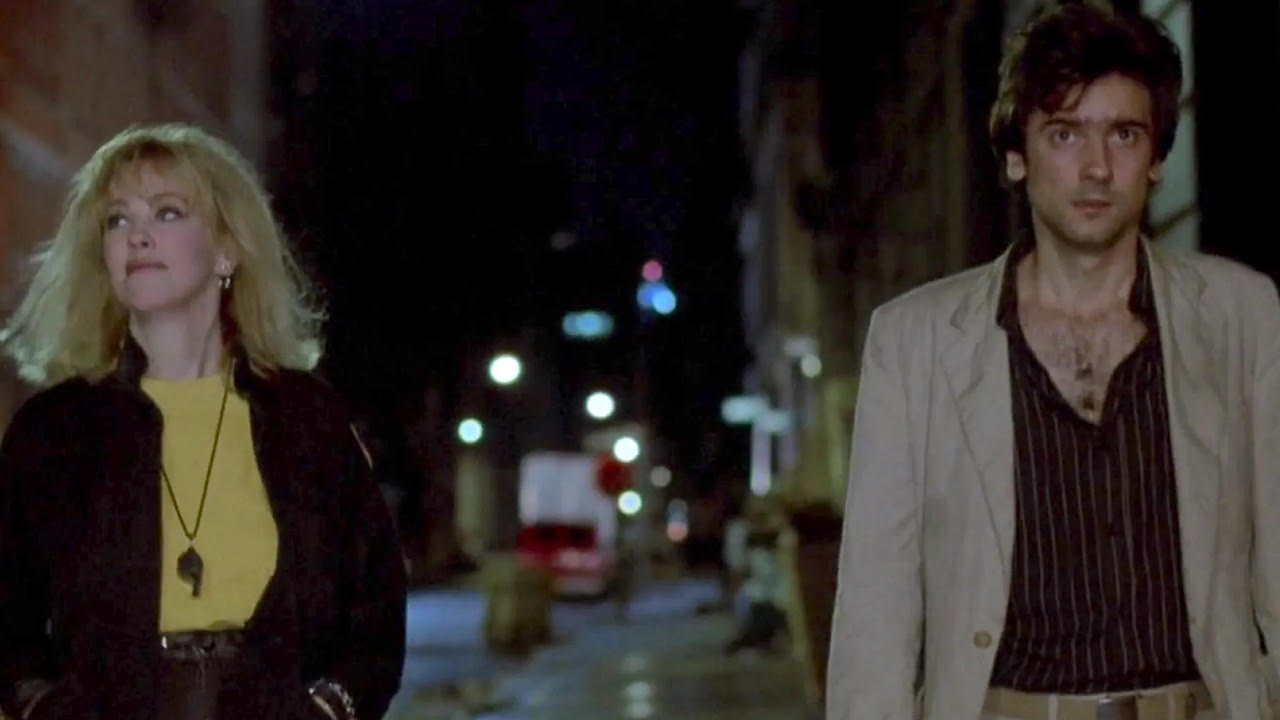
It’s Genuinely Funny And Darker Than Anything Else In His Filmography
Most of Scorsese’s films contain a bit of biting humor to them. The Irishman deals with a pretty serious subject matter with the murder of Jimmy Hoffa, but there are plenty of funny moments amidst all the drama. Same with Goodfellas and Casino. Dark subject matter, sure, but sprinkled with a bit of levity to make them not so bleak.
On the other end of the spectrum are the serious Scorsese dramas, like Silence, The Age of Innocence, and The Last Temptation of Christ, which are never meant to make you smile. And then, you have After Hours, which is a genuine comedy, but it’s so pitch black, that it might even be the darkest film in his entire filmography.
This is a movie that treats death as a joke. People are always saying how movies like Blazing Saddles could never be made today, and they’re right. But the same could be said of After Hours, which has a dark humor to it that could only be rivaled by one of the most Nic Cage of Nic Cage movies, Vampire’s Kiss, which makes sense, since both Vampire’s Kiss and After Hours had the same screenwriter, Joseph Minion. That said, as dark as After Hours is, it’s still very much a comedy. The gallows humor may not be for everybody, it’s definitely for a certain viewer, and I am definitely one of them.
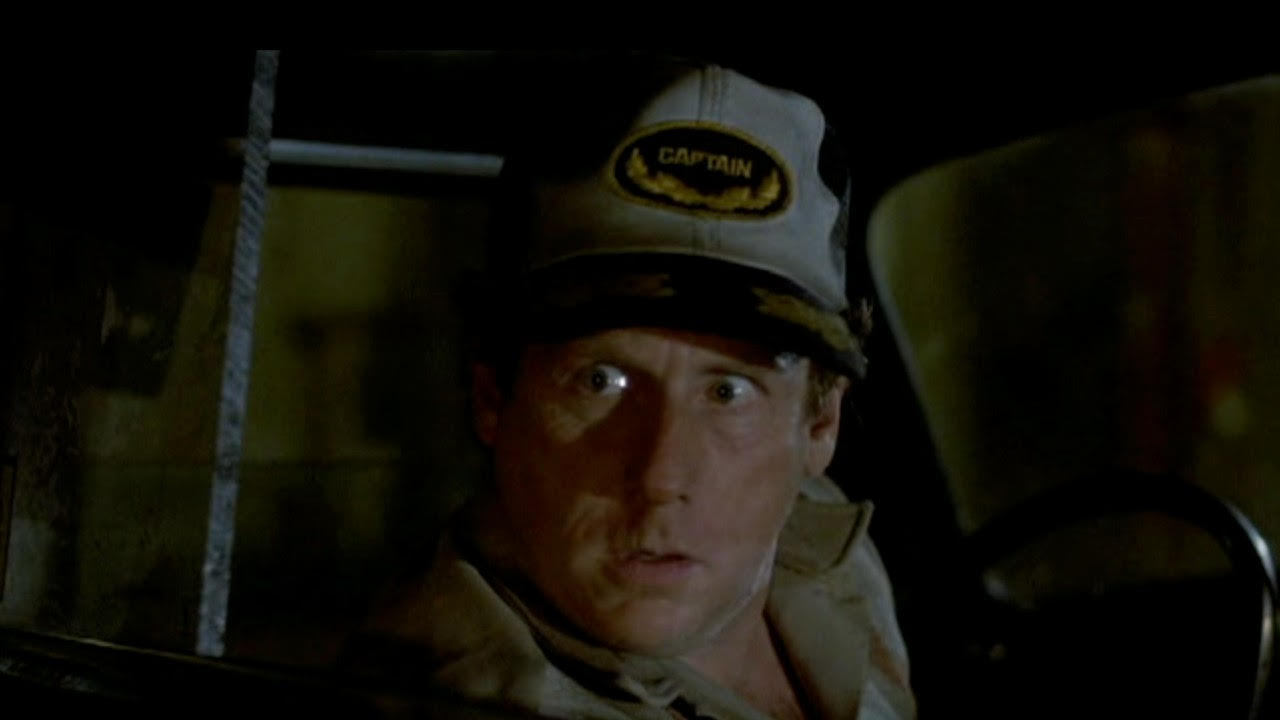
The Tension Is So Thick, It Could Make You Sick
Only one film has legitimately ever made me sick from tension, and that was Adam Sandler’s Uncut Gems (which should have been nominated for Best Picture), but After Hours is a close second. What begins as a man just wanting to have a fun night out on the town soon dovetails into a night from Hell. Paul Hackett (played by Griffin Dunne) loses his money, and the second it happens, you already know that things are going to go south for him rather quickly.
Your Daily Blend of Entertainment News
But, it’s amazing just how south everything goes. I’m not going to spoil anything for you since I do want you to see it, but in the span of a few hours, poor Paul goes from seeing a woman in her friend’s apartment to running for his life by the end of the night. Even though the film is a black comedy, I genuinely got a little nauseous thinking about what else could possibly go wrong. It doesn’t help that the film feels like it’s getting deeper and deeper into the darkness of night the longer the film goes on. Speaking of which…
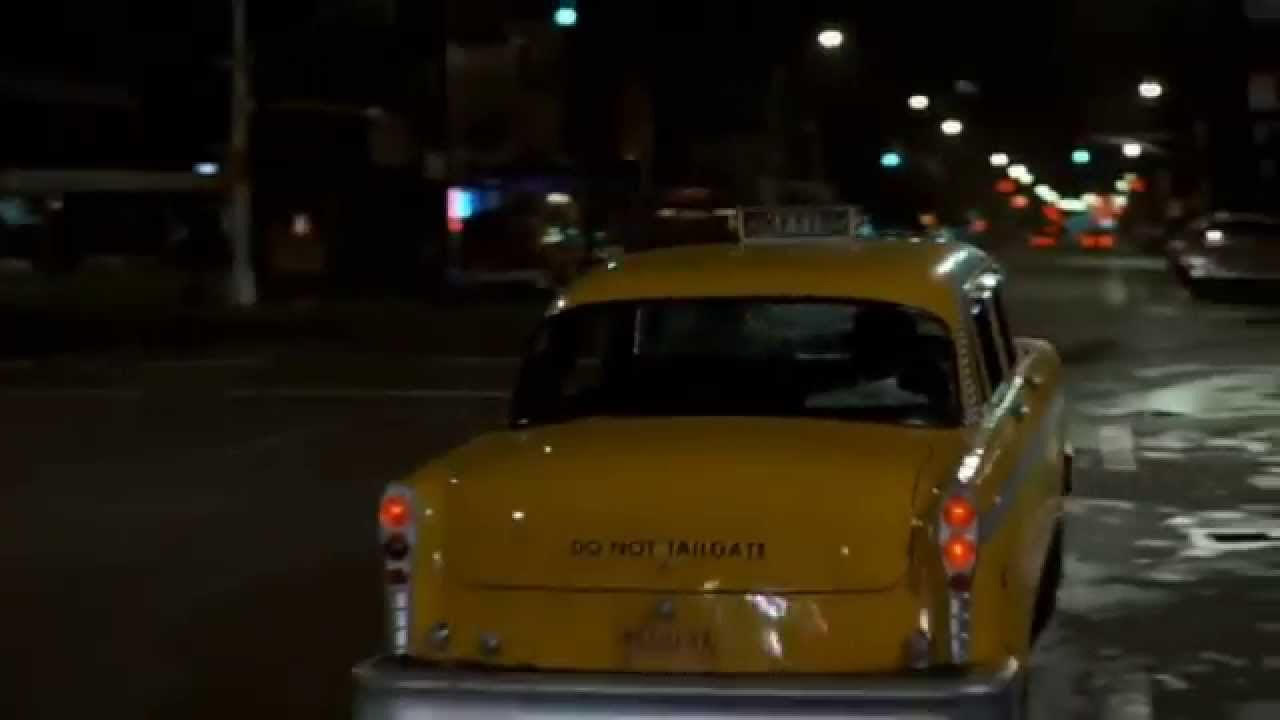
It Was Shot Entirely At Night In New York, Making It Feel Different From His Other Films
Taxi Driver is probably one of the greatest New York City movies of all time, and everybody knows this, but After Hours is also a love letter to New York, albeit, one that celebrates its quirkiness rather than its scares. The film was shot entirely at night to truly make it feel like New York, and there are whole city streets that are completely devoid of people, making it feel like a time capsule of sorts. It also feels entirely unique and unlike any of Scorsese’s other films, since there is a ticking clock that isn’t present in his other movies.
Very much like how some cinematographers love to use natural lighting during day shots, After Hours does the same, but for night time. I’ve never watched a movie that genuinely feels like a given period of day, but After Hours truly does, making it stand out in Scorsese’s fascinating filmography.
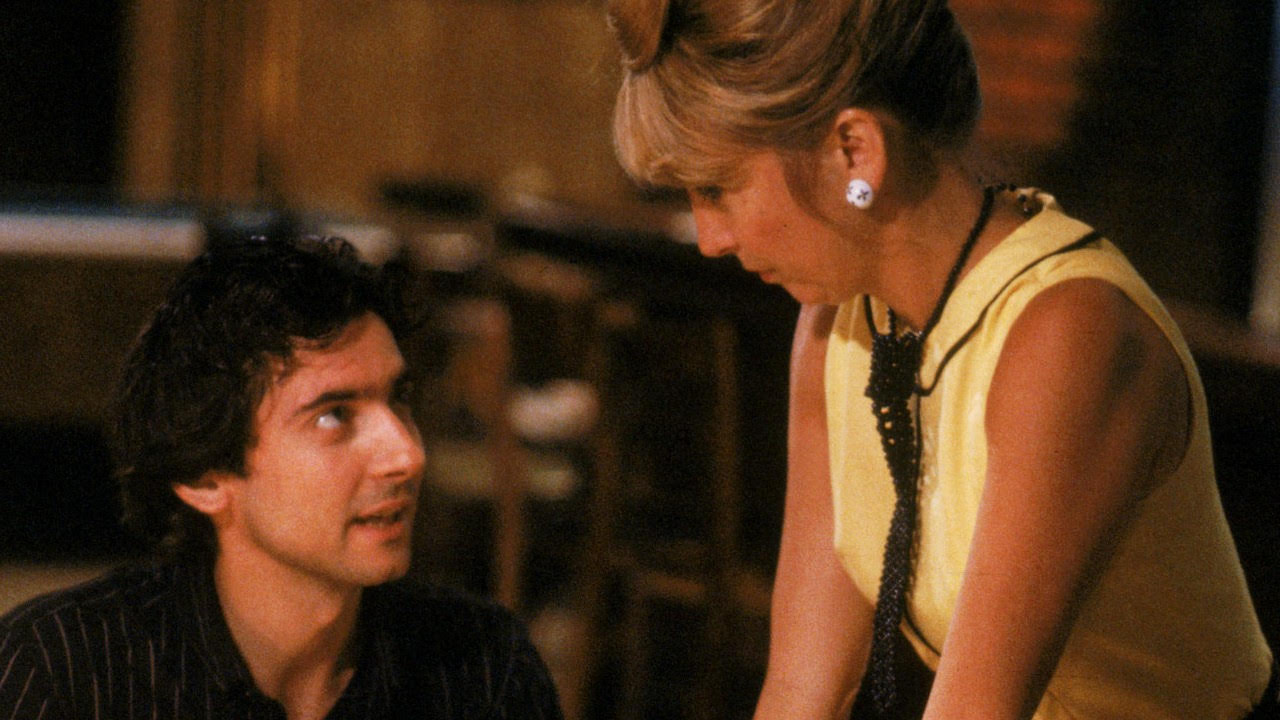
The Acting Is Top Notch
Griffin Dunne is fantastic as a yuppy named Paul having a terrible night, but equally interesting is the rest of the cast, some having major parts, like Rosanna Arquette as the woman who initiates the terrible night, to even Cheech and Chong, who are driving around in a truck and may or may not be stealing from everybody in the neighborhood.
In a lot of ways, After Hours feels like a series of vignettes, even though it’s not. It feels like that because each character Paul encounters really commands each scene. So, even though no one character stays around for very long, besides Paul, each one feels noteworthy since the acting is so exceptional. I especially like Will Patton as Horst, and he’s literally in the film for only a few minutes. But, he’s great every minute!
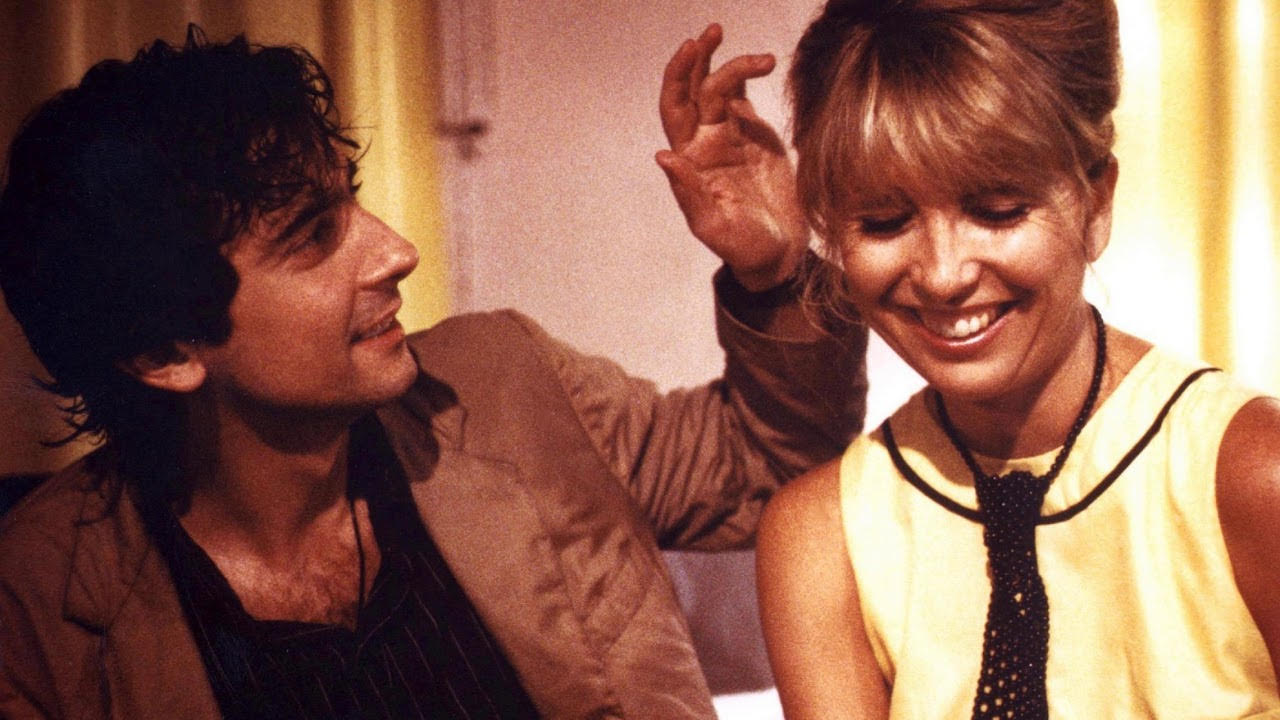
It Got Him To Love Making Movies Again, Which Led To The Second Part of His Excellent Career
Lastly, and I didn’t know this until I watched the short documentary, “Filming For Your Life: Making ‘After Hours’,” but Martin Scorsese was very depressed with The King of Comedy bombing at the box office. He also wanted to direct The Last Temptation of Christ, but wasn’t able to at the time, so he was kind of in a rut. According to an excellent article in Esquire, he had this to say:
I remember it was the last day of 1983. The King of Comedy had come out earlier that year. And on New Year’s Eve, I was getting dressed to go to Jay Cocks’ house. I had the TV on in the background and for some reason it was tuned to Entertainment Tonight. And I heard them say as sort of a tease before they went to commercial, ‘Coming up: The Movie Flop of the Year!’ So I sort of stuck around to see what it was. What was the Movie Flop of the Year? And when they came back, they said it was The King of Comedy! I was the flop of the year! And on top of that, I had been planning to make The Last Temptation of Christ, which had just been canceled on me. So it was a double whammy. I had nothing lined up next. And I knew I was going to have to start all over.
After Hours was Scorsese starting all over! The film actually made back all of its money and then some on its tiny budget, but more importantly, it got Scorsese to feel like a worthy director again. In that same article, Scorsese stated:
After Hours was like an independent film. It was shorter and cheaper. I just wanted to see if I still had the energy to shoot quickly. There’s a certain passion that you have to have to make Mean Streets or Taxi Driver and Raging Bull. I had to find that again.
So, if not for After Hours, we might not have gotten the reinvigorated Scorsese that directed films like Goodfellas, The Aviator, and yes, even The Last Temptation of Christ, which he did get to direct a few years after After Hours, in 1988.
That's why if you love Martin Scorsese, then you owe it to yourself to watch After Hours. It’s the hidden gem of his career.
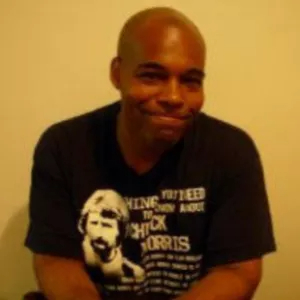
Rich is a Jersey boy, through and through. He graduated from Rutgers University (Go, R.U.!), and thinks the Garden State is the best state in the country. That said, he’ll take Chicago Deep Dish pizza over a New York slice any day of the week. Don’t hate. When he’s not watching his two kids, he’s usually working on a novel, watching vintage movies, or reading some obscure book.
